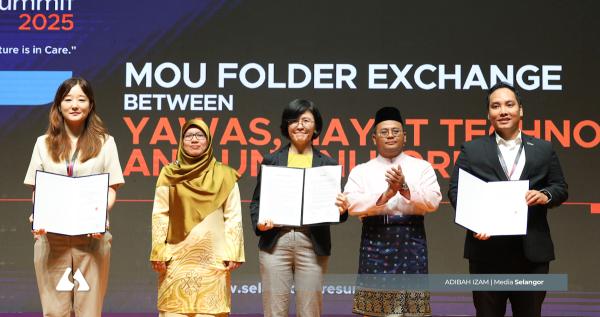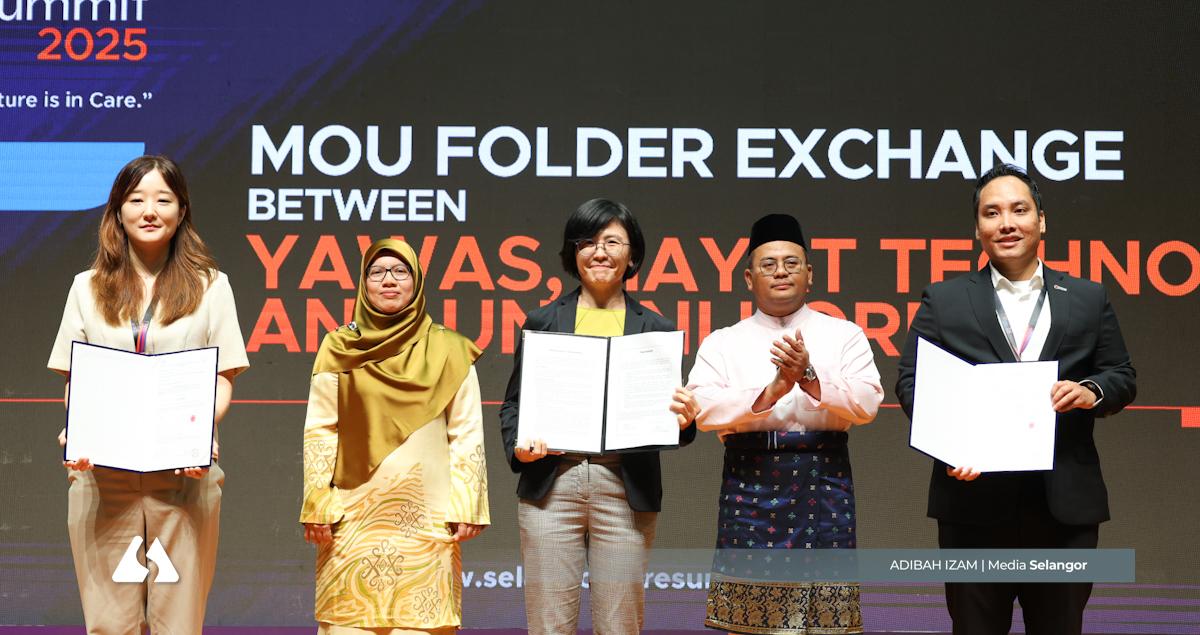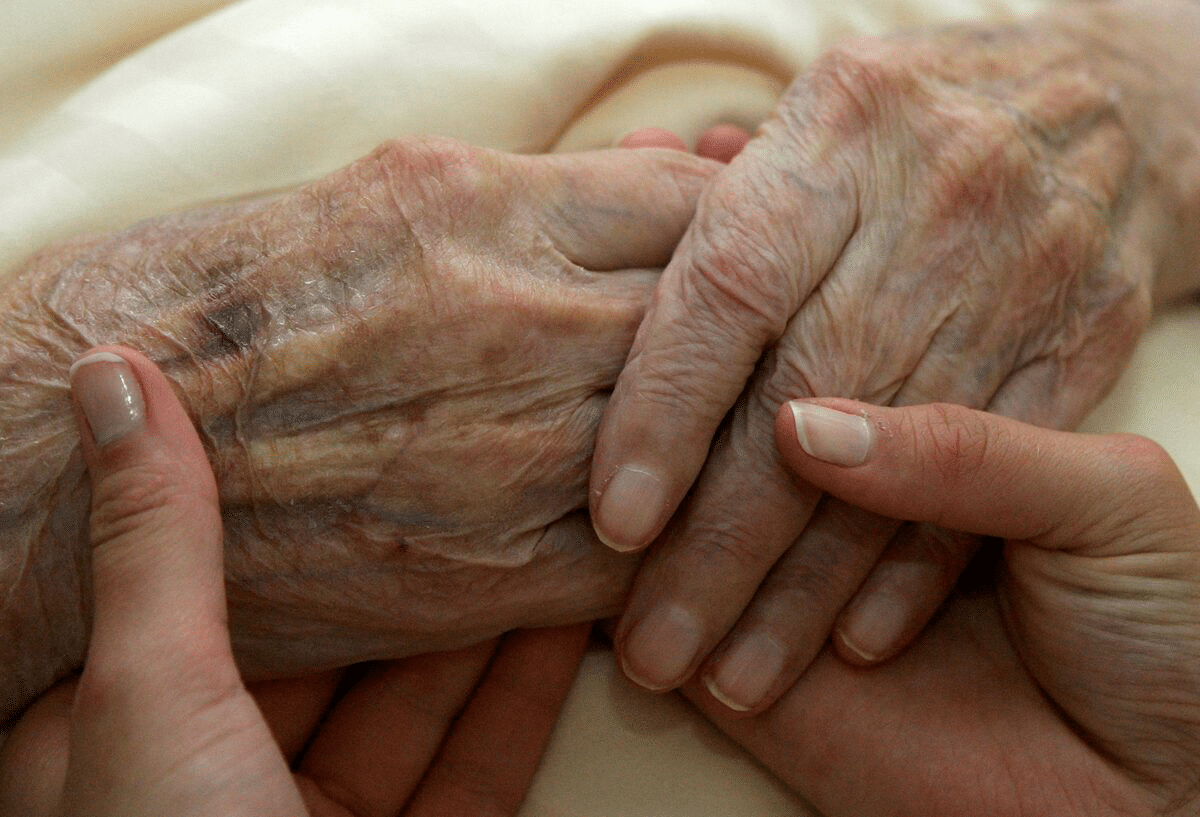KUALA LUMPUR, Oct 10 — Selangor, through Yayasan Warisan Anak Selangor (Yawas), has partnered with leading South Korean tech firm UNIUNI in an initiative that will introduce safety devices powered by artificial intelligence (AI) for elderly residents at care centres.
This follows the signing of a memorandum of understanding (MOU) between the two parties at the inaugural Selangor International Care Summit (SICS), held in conjunction with the Selangor International Business Summit (SIBS).
State executive councillor for women empowerment and welfare Anfaal Saari said that under the collaboration, which will see the participation of local firm Hayat Technologies Sdn Bhd, UNIUNI will supply devices equipped with infrared sensors and AI technology capable of detecting hazardous situations that could befall elderly folk in care facilities.
“Through Yawas, 100 elderly care centres have been identified to receive the devices starting at the end of this year, following Sirim safety testing.
“The elderly were chosen as the focus group because they are more prone to falls and injuries when alone. By focusing on senior care centres, we aim to reduce such incidents and protect their well-being,” she said.
Anfaal said this after attending the MOU exchange ceremony with Menteri Besar Dato’ Seri Amirudin Shari at the Kuala Lumpur Convention Centre here today.
Also present were UNIUNI chief executive officer and founder Clara Han and Hayat Technologies chief operating officer Muttaqqin Eshamuddin.
Anfaal said the collaboration aligns with the fourth pillar of the Selangor Care Economy Policy 2024-2030 (DEPNS), which focuses on investment and partnership.
“This partnership includes the implementation of the Global K-Inno Programme, an initiative supported by the South Korean government. The programme is designed to foster the growth of national innovation ecosystems by supporting high-impact technology pioneers and facilitating knowledge exchange between countries.
“Through this collaboration, Selangor stands to benefit from Korea’s advancements in care-related innovations and strengthen its regional leadership in inclusive, technology-driven care,” Anfaal said.



